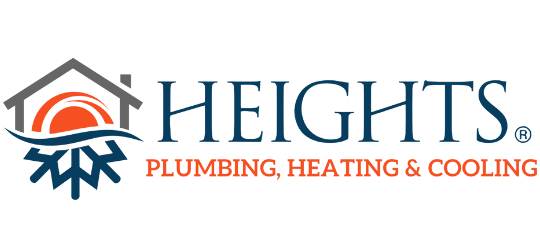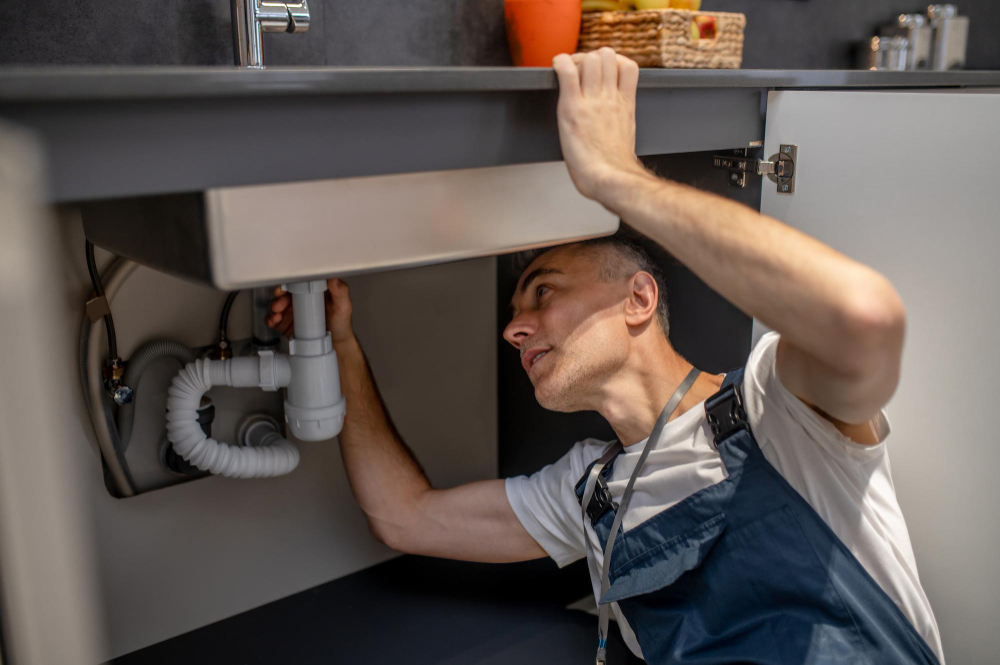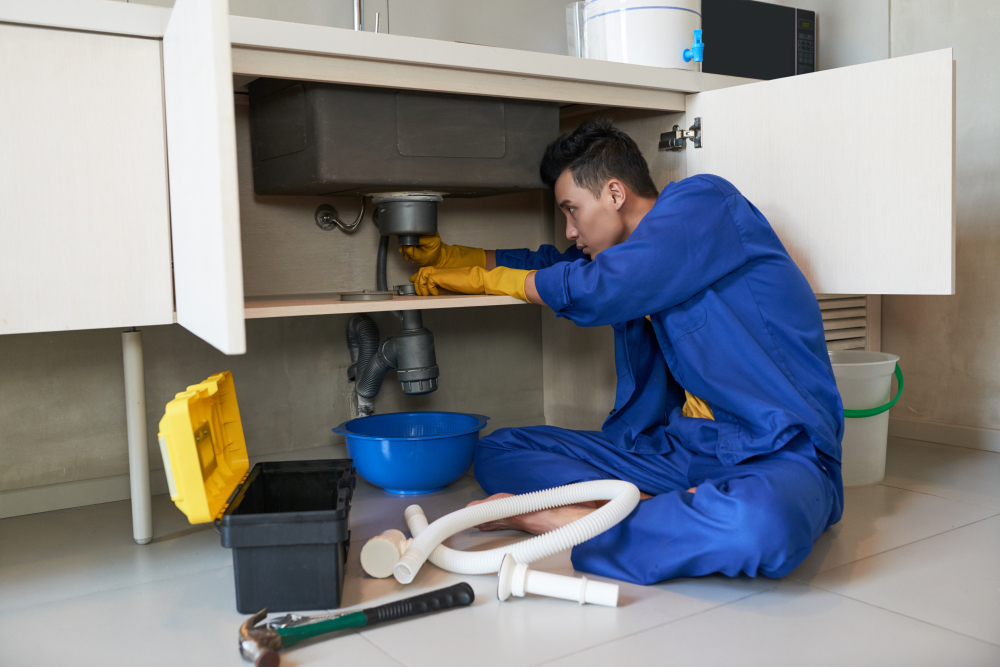We Cover all Plumbing Services
Plumbing is a very important part of any residential or commercial building. Repair and maintenance of plumbing pipes, fixtures, and fittings are very important for the comfort of people residing in the building. There are many fixtures, equipment, valves, and pipes that are all part of the building plumbing which need to be maintained periodically to make sure they are operating properly.
Some of the most common fixtures in the house that a plumber can repair are hot water heater, boiler, faucet, shower body, toilets, water filtration systems, washer/dryer, and dishwashers among other things.
Hot water heater
Boilers
Faucets
Toilets
Shower body
Emergency plumbing
CALL US TO SCHEDULE AN APPOINTMENT
Frequently Asked Questions
Pipe corrosion can be caused by a number of things, almost all of which are related to water quality, including:
- Chemicals in the water
- The pH of the water
- The amount of oxygen in the water
- The temperature of the water
- The water pressure and the speed at which the water moves through the pipes.
If you think you have a leak in your home, there’s an easy way you can check. Go out to your water meter and record the level. Make sure no one uses any water for a few hours, then go back and check the meter again (it’s easiest to do this when everyone goes to bed, then check it again first thing in the morning). If the level has changed, you probably have a leak – call Len The Plumber to have it taken care of right away!
Yes. Water leaking out of your pipes or fixtures will eventually cause enough corrosion that even a pinhole-sized leak can eventually grow and potentially cause damage to your home.
Your toilet may be leaking silently. Here’s how to tell:
Put a few drops of food coloring into the toilet tank and make sure no one uses that toilet for about a half hour. Once the half hour is up, come back and check if any of the food coloring leaked into the bowl. If it has, call Len The Plumber for toilet repair as soon as you can!
An overflowing toilet is usually caused by a leak in your tank’s fill valve or deterioration of the shaft or wire that sets the fill level. Whatever the cause, call Len The Plumber for the solution!
Most faucets can be cleaned with a damp, soft cloth. If you just installed new faucets, you may want to find out if the manufacturer has any recommended cleaning solutions for more stubborn stains. Make sure to avoid any abrasive cleaners or pads – these may scratch the surface and finish of your faucet.
If you can repair the faucet and restore the shine on its finish, faucet repair is a perfect option. However, if your faucet is too badly corroded or too old to find replacement parts, faucet replacement may be easier (and possibly cheaper!).
The most common thing we find is corroded O-rings, gaskets or valve seats that cause faucets to leak. Together, these components are what hold back the water until the faucet is opened, so if one of them is corroded, you’ll get a leaky, dripping faucet! To stop a faucet leak, shut off the water to the sink and open the faucet to let the water drain out. Next, use an Allen key or screwdriver to remove the faucet handle. If it has a nut holding the internal parts in place, check to see if that’s loose – tightening it with pliers may be enough to stop the leak! If not, remove the nut and disassemble the faucet (just make sure you can put it back together again!). If the faucet contains a cartridge, don’t take that apart – just replace it with a new one.
Inspect all the components of your faucet – you should see washers, O-rings or seals and possibly springs – and figure out exactly what you need to replace. Find the precise parts at a hardware store and put the faucet back together. If all goes well, your faucet should be back to normal. If not, call Len The Plumber for faucet repair!
The required horsepower for your sump pump is determined by the area of drainage connected to the sump, the depth of groundwater, the depth of the basement, and a few other factors (most homes use a 1/3 hp pump).
Sump pumps are generally reliable, but if they fail it’s usually because of a power failure. During a storm (when you rely on your pump the most), a power outage will render your pump useless. To prevent this, consider installing a battery backup. This will kick a few moments after the power goes out, letting you enjoy peace of mind the next time a storm is headed your way.




